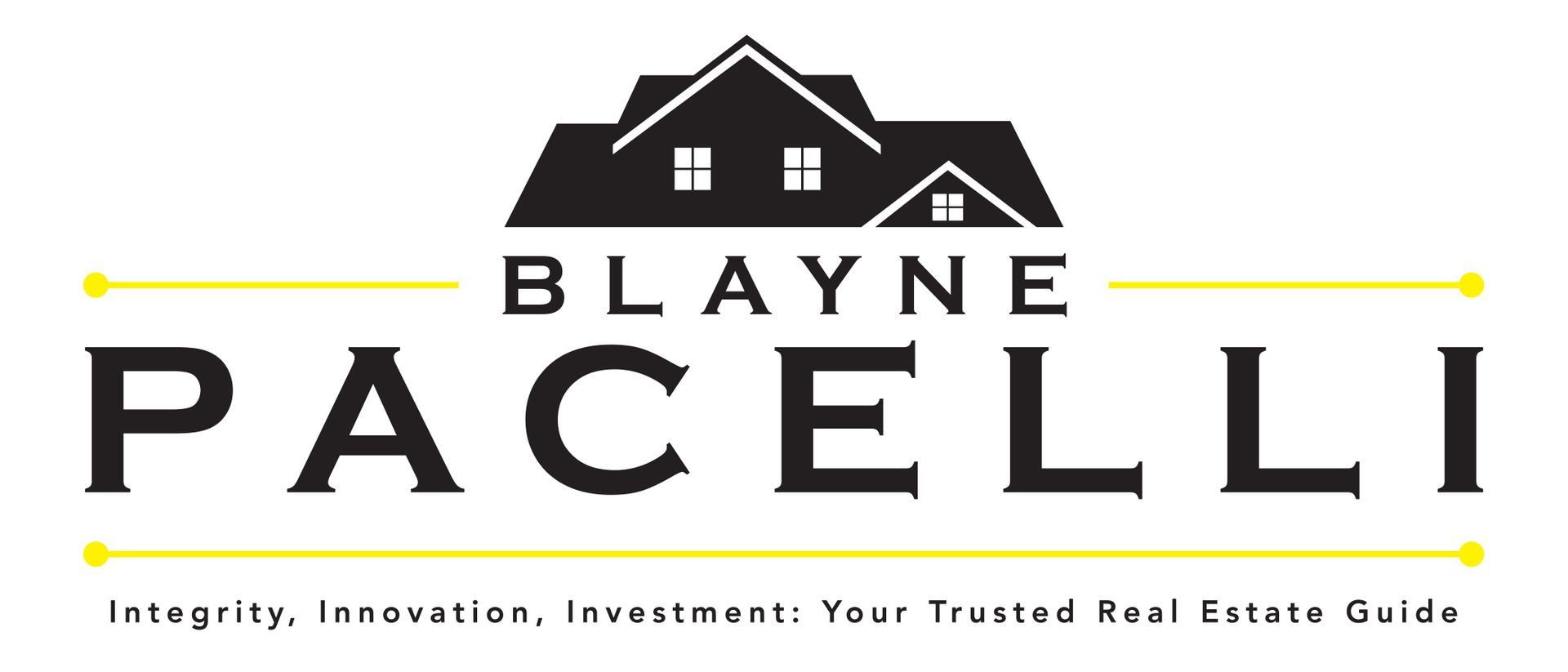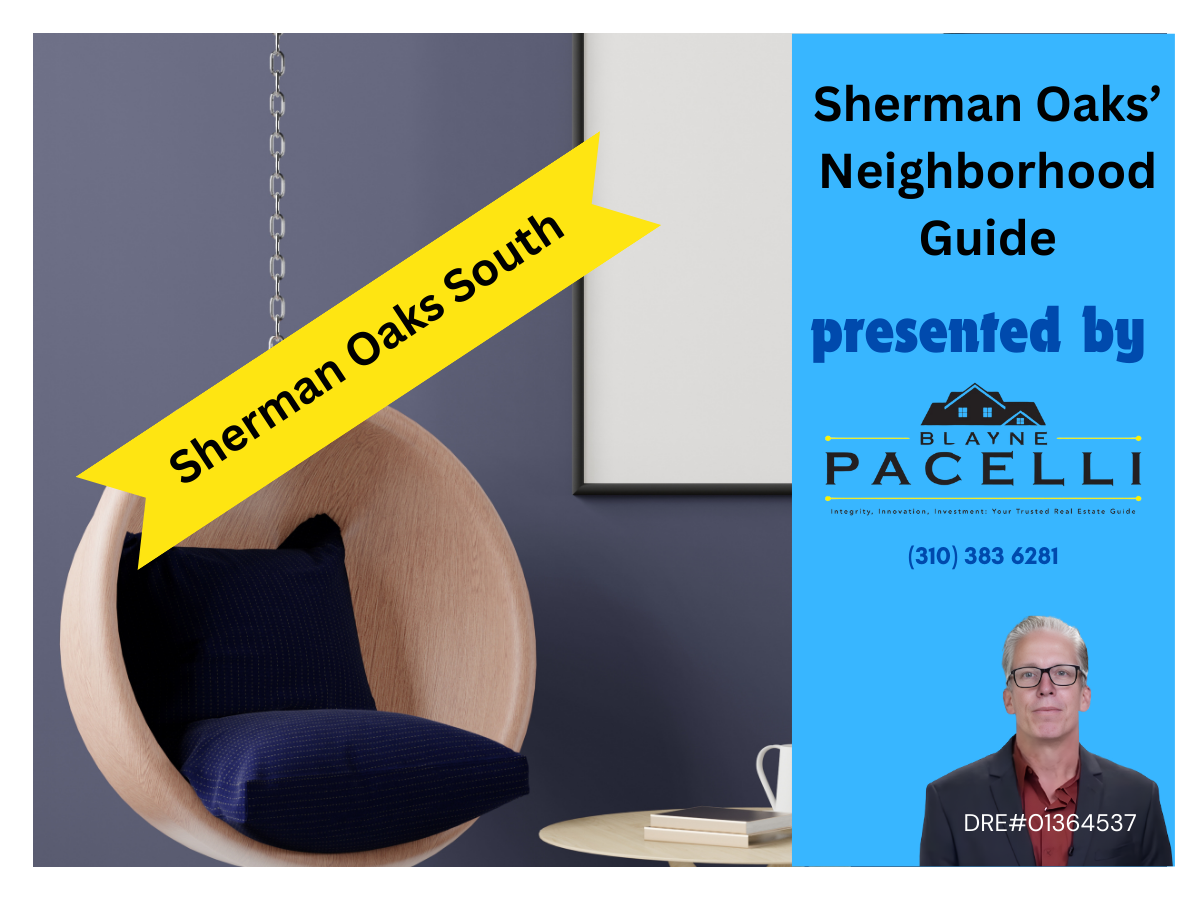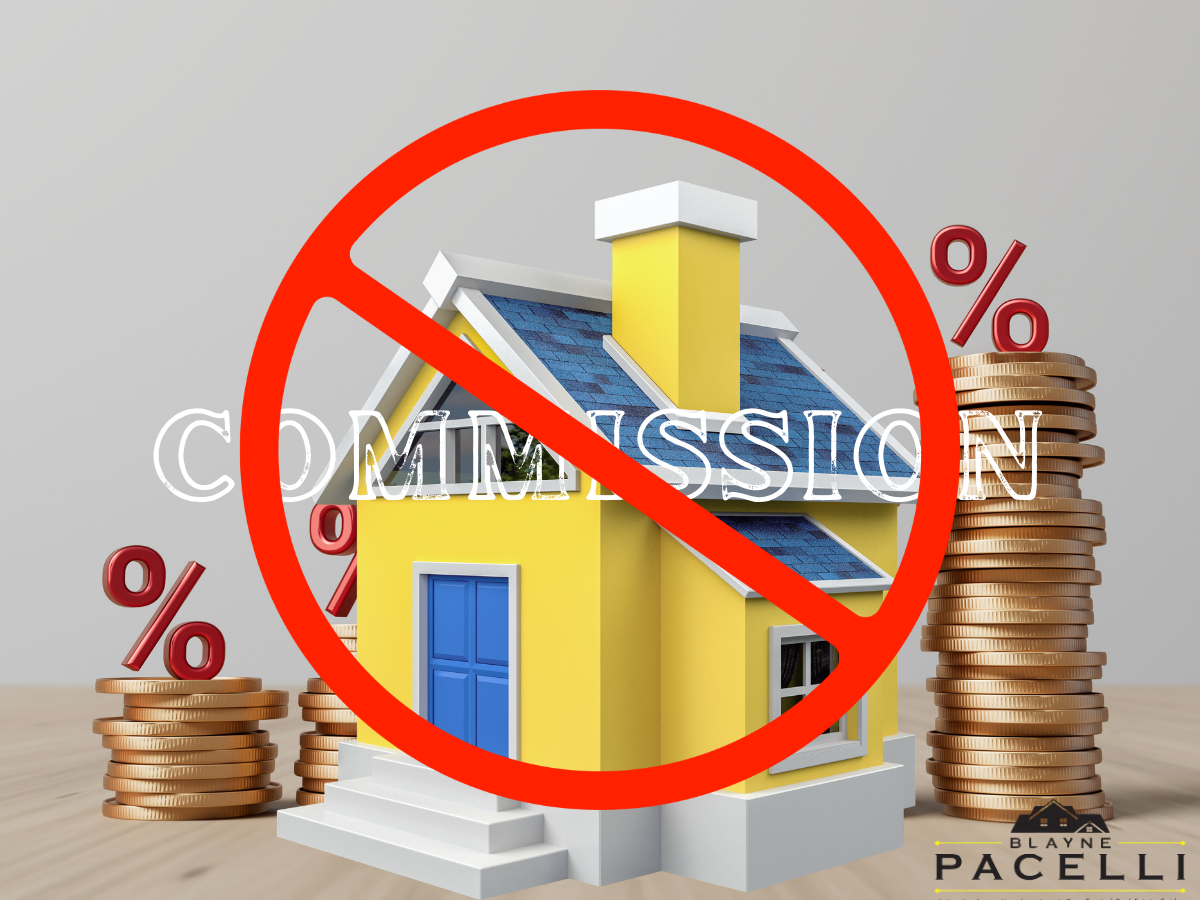Understanding Proposition 13 - A Guide for Los Angeles Homeowners
Introduction: In the complex landscape of California's real estate and political dynamics, Proposition 13 stands out as a pivotal piece of legislation. Enacted in 1978, it has since shaped property taxation and influenced various aspects of homeownership and property markets in California, especially in bustling areas like Los Angeles.
The Essence of Proposition 13
Proposition 13 was enacted as a response to soaring property taxes, with the aim of providing stability for homeowners, particularly those on fixed incomes. It caps property taxes at 1% of the property's assessed value at the time of purchase and limits annual increases in assessed value to a maximum of 2%.
Homeowner Impact: Stability vs. Disparities
For homeowners, Proposition 13 offers predictability in tax bills, protecting against sudden spikes in property taxes. This stability, however, comes with a trade-off. Long-time homeowners tend to pay significantly lower property taxes compared to newer residents for similar properties. This creates a disparity that has been a point of contention in discussions about the fairness of the proposition.
Lock-in Effect and Market Distortions
A significant impact of Proposition 13 is the 'lock-in effect'. Homeowners who stay in their properties for long periods benefit from lower taxes compared to what they would pay for a similarly valued new property. This effect discourages mobility, particularly in high-value areas like coastal cities, and leads to distortions in the real estate market. For example, neighboring homeowners may have vastly different tax rates despite having similar property values.
Impact on Renters and Demographic Shifts
The lock-in effect extends to the rental market as well, as it reduces the turnover of owner-occupied homes. This situation can delay younger households from transitioning from renting to owning. Research has shown that Proposition 13 has affected various demographics differently, with African-American and migrant households responding more strongly to these changes.
Commercial Real Estate and Proposition 13
Proposition 13 also significantly affects the commercial real estate sector. It has resulted in huge tax subsidies for large commercial property owners, with some businesses enjoying low taxes due to assessments frozen at 1978 levels. This creates an uneven playing field and impacts small business owners and newer companies disproportionately.
Reform Efforts: Proposition 15 and Split Roll Initiative
Efforts to reform Proposition 13 have been notable, particularly with the introduction of Proposition 15, which sought to implement a 'split roll' system. This proposed reform aimed to reassess commercial and industrial properties regularly while keeping residential properties under Proposition 13's protections. Despite its defeat, it reflects ongoing debates about balancing fiscal needs and homeowner protections.
Proposition 13's Influence on Property Assessments and Taxes
Proposition 13's cap on annual property tax increases and its limitations on reassessments have led to scenarios where inherited properties maintain outdated assessed values, resulting in significantly lower taxes for new generations of homeowners. This has implications for revenue generation for public services like schools and infrastructure.
key takeaways:
- Caps on Property Taxes: Proposition 13 limits property taxes to 1% of the assessed value at the time of purchase and restricts annual increases in assessed property values to a maximum of 2%.
- Predictability and Stability for Homeowners: Provides a predictable and stable tax environment for homeowners, shielding them from sudden spikes in property taxes.
- Disparities in Tax Burdens:
Creates disparities in property taxes among homeowners, where long-time residents pay significantly less compared to new residents for similar properties.
Lock-in Effect: Encourages homeowners to remain in their properties longer to benefit from lower taxes, leading to reduced mobility, especially in high-value areas. - Impact on the Rental Market: Reduces turnover of owner-occupied homes, affecting the rental market and delaying transitions from renting to owning for younger households.
- Diverse Demographic Impact: Different demographics, including African-American and migrant households, have been disproportionately affected by these changes.
- Commercial Real Estate Disparities: Large commercial property owners receive substantial tax benefits, creating inequities in the market and affecting small business owners and new companies.
- Reform Efforts and Proposition 15: Ongoing debates and reform efforts, such as the proposed 'split roll' system under Proposition 15, indicate public sentiment towards balancing fiscal needs and homeowner protections.
- Influence on Property Assessments and Taxes: Inherited properties can maintain outdated assessed values, leading to lower taxes for new generations and affecting revenue for public services.
- Understanding for Homeowners and Buyers: Homeowners and potential buyers in Los Angeles need to navigate these dynamics carefully to make informed real estate decisions.
The Value of a Local Real Estate Agent: Beyond Mortgage Rates
In the dynamic and multifaceted city of Los Angeles, the real estate scene is a thrilling yet complex landscape to navigate. Whether you're in the market to purchase a home, sell your property, or explore a move within or beyond this lively city, one essential element often overlooked is the value of having a local real estate agent who possesses a comprehensive understanding beyond just mortgage rates. A well-informed agent with deep knowledge of the city's dining scene, educational institutions, cultural offerings, and hidden treasures can greatly simplify and accelerate your transition.
Crafting a Customized Experience:
Los Angeles boasts a tapestry of unique neighborhoods, each with its own distinctive allure. Engaging a local real estate agent who intimately knows these neighborhoods is akin to having a knowledgeable guide lead you through uncharted territory. They can tailor their recommendations to your specific needs and preferences, ensuring that the properties they showcase resonate with your lifestyle and aspirations.
Exploring the Epicurean Scene:
One of the most captivating facets of Los Angeles is its rich and diverse culinary landscape. From the bustling food trucks of Koreatown to the stylish cafes in Silver Lake, the city offers an endless array of dining experiences. A local agent with a keen understanding of these culinary hotspots can acquaint you with the gastronomic delights of your chosen neighborhood. Whether you're a culinary enthusiast or simply seeking the best local eateries, your real estate agent can offer valuable recommendations, helping you feel at home from day one.
If you'd like assistance in finding your perfect Los Angeles home, my name is Blayne Pacelli and I'd be happy to help. Contact me today!











